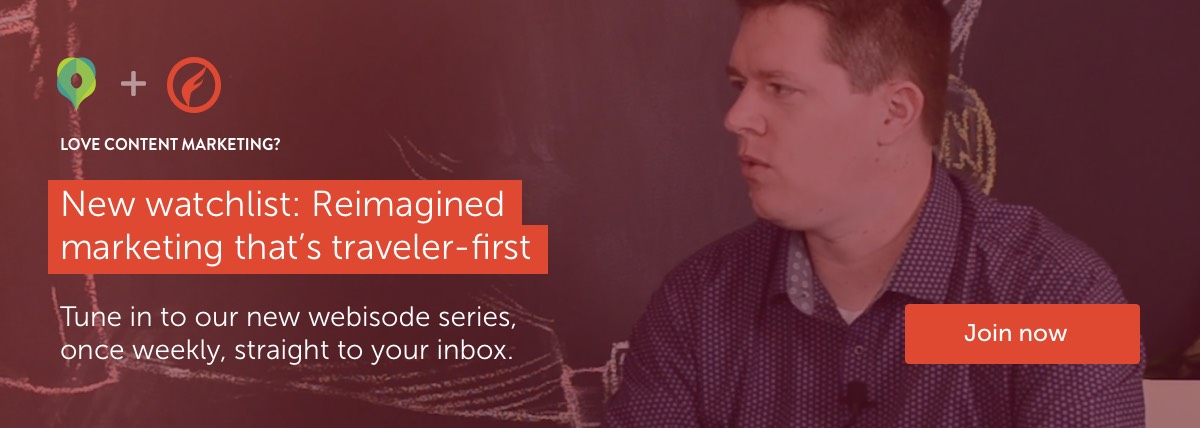Unwanted email is something everyone can relate to. We’ve all been on the receiving end of what’s universally labeled as “spam.” Spam has become such an issue that it’s received intense, global legislative attention. While this has benefited consumers, it’s led many hotel marketers to err on the side of caution—what is spam? Too much email? In reality, this should beg the bigger question, “How do I better communicate with my guests?”
First, let’s look at Google’s definition of spam:
“Irrelevant or inappropriate messages sent on the Internet to a large number of recipients”
The key term in that definition is “irrelevant.” So, to try to prevent content from being flagged as spam, many marketers simply send fewer emails.
And sure, timing is important, but I’ll ask you this—when did relevancy come to be synonymous with quantity?
To some degree, what constitutes spam is ultimately the subjective opinion of the recipient. That makes it challenging for marketers to know definitively whether what they’re sending out will strike a chord or not.
Enter “graymail.” HubSpot defines graymail as “email you opted in to receive, but don’t really want.” (So blurred have the lines become that we needed a term for that in-between message that maybe you want, but not necessarily right now.)
Graymail isn’t necessarily spam, but it’s also not especially relevant to your customers either. In fact, email providers are often able to treat graymail differently from spam even though consumers are still not likely at all to engage with those messages.
For this reason, as marketers, it’s clear that how you communicate with your guests is equally important as what you’re saying.
For hotels this can be accomplished through real personalization, (more than just “Hi [firstname],”) and by considering where the guest is in his or her relationship with the property. For example:
Suppose you have a past guest from about a year ago that booked direct with you at a standard rate. From your post-stay communication, you know they enjoyed their stay. Here’s a common situation for hoteliers. Let’s take inventory of what you know:
- Past guest = name, email address (possibly more)
- Travel dates + booking dates = planning window
- Standard rate = no discounting; they booked for intrinsic value
- Overall a satisfied guest = no clear reason NOT to come back
We’ve learned a LOT— I’m only scratching the surface of what most hotels actually know. (Especially if you’re employing a CRM.)
However, what typically happens is this guest goes into a database, starts receiving the exact same emails as everyone else, and becomes progressively less interested until they eventually unsubscribe and start shopping around.
Instead, they could have been spoken to in a way that acknowledges the things they’ve told you and infuses them into your communication. And this is just a single example.
Whether it’s a past guest or a potential future guest, each may be at a different point in their relationship with your hotel. Once your messaging is on point, email volume doesn’t matter nearly as much because what you’re saying is relevant to your standing with the guest/prospect.
Understanding and expressing this through your communication is key to canning spam.

